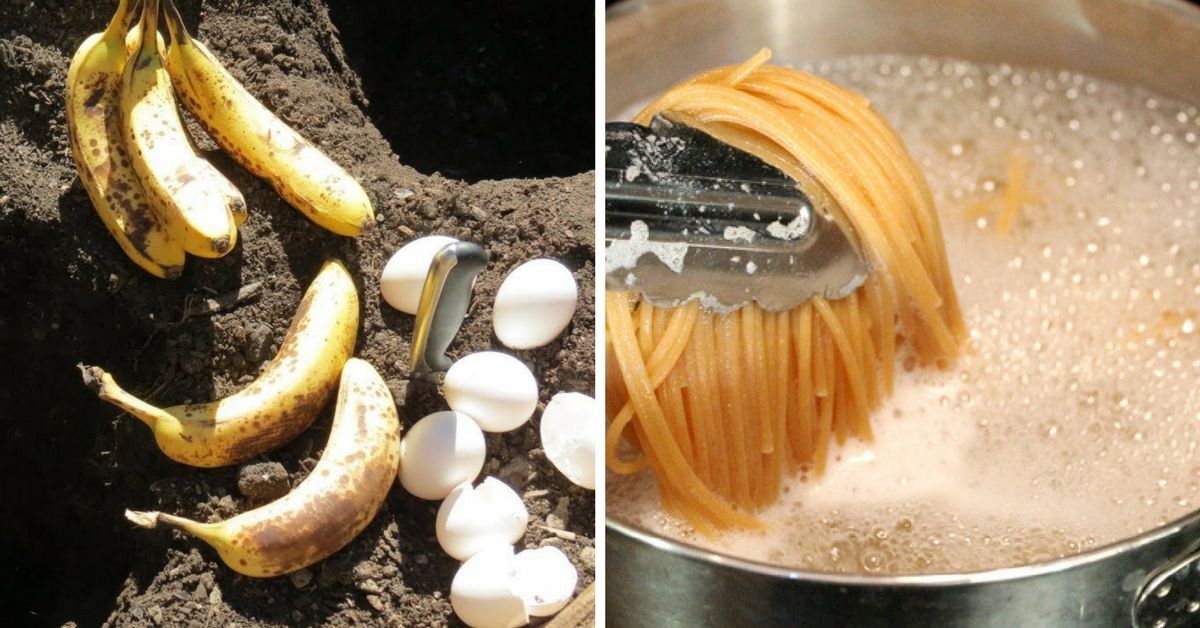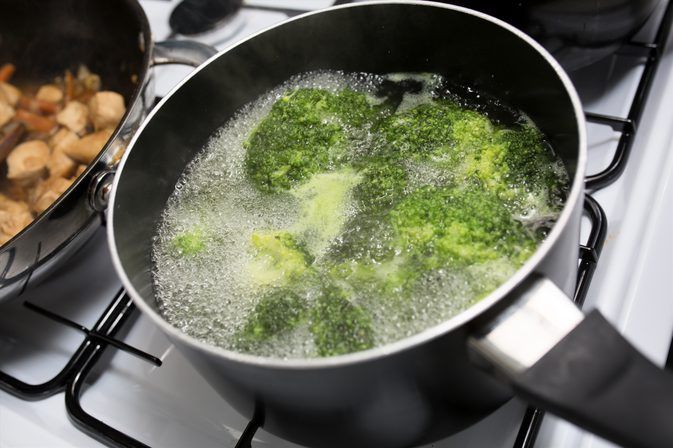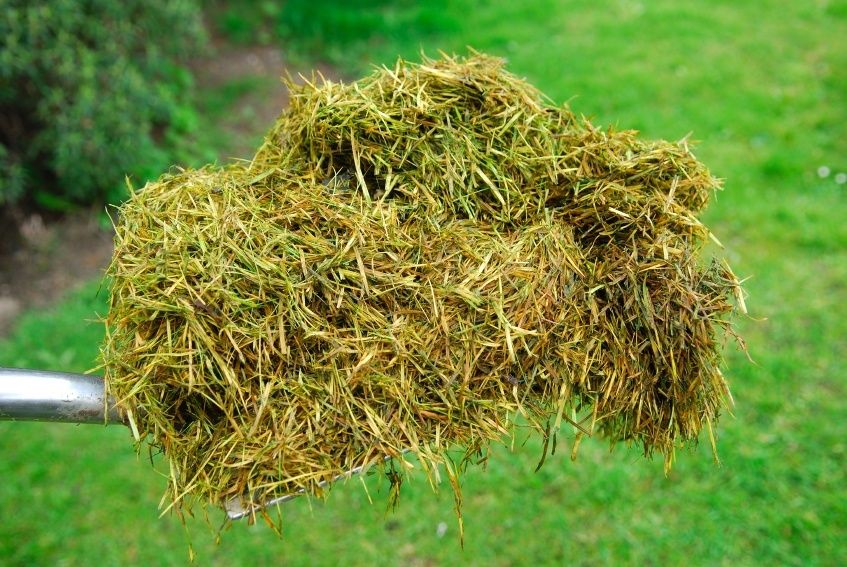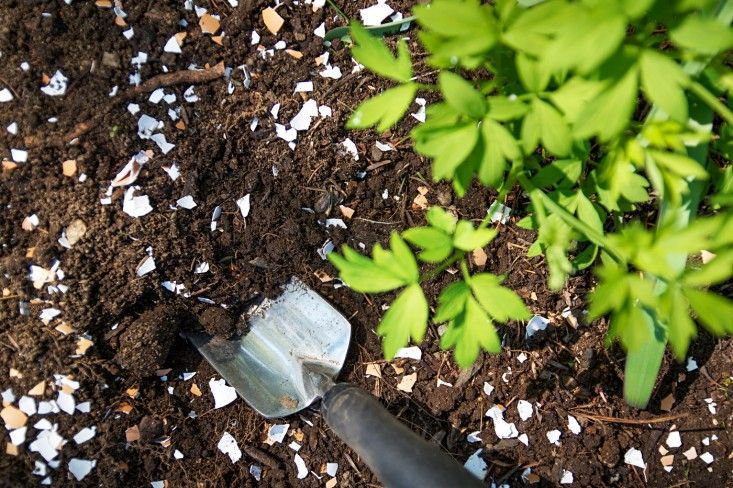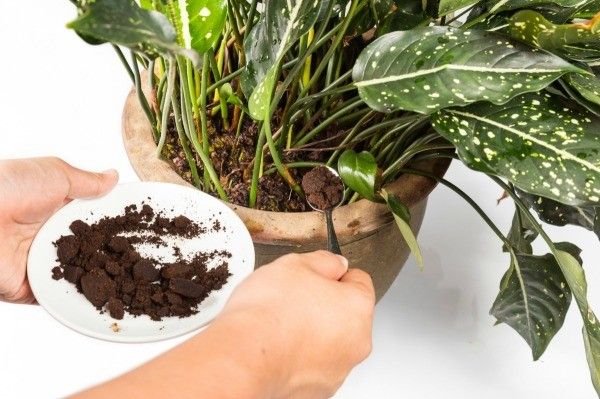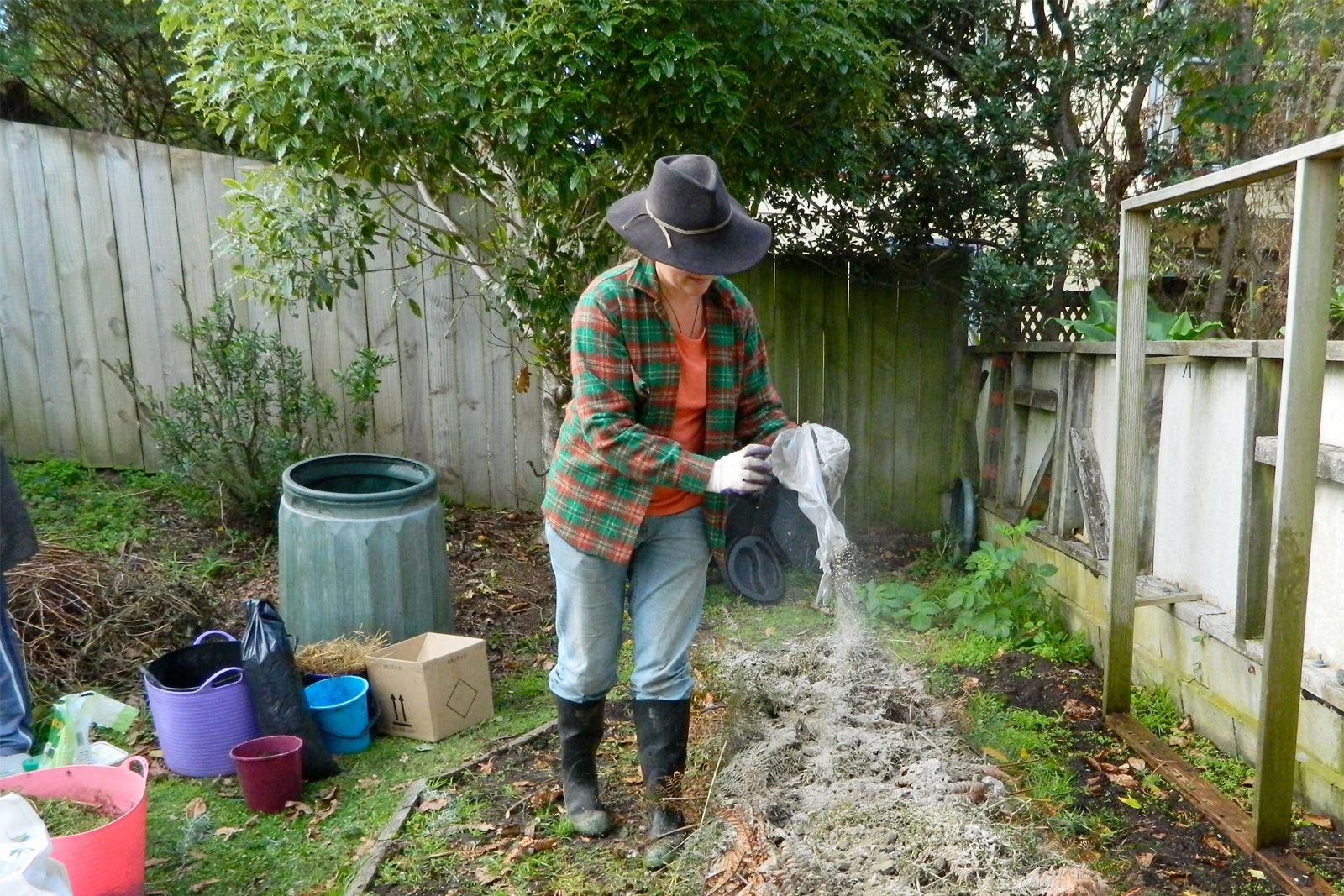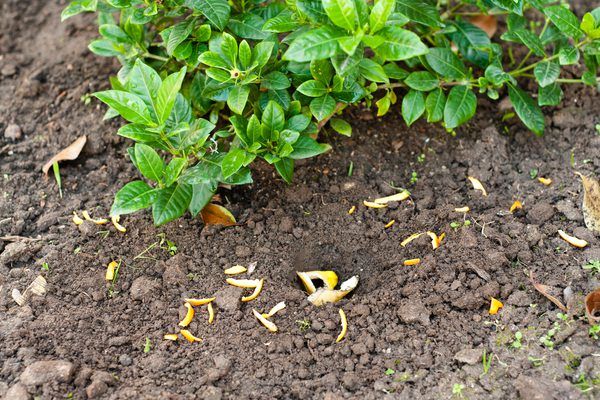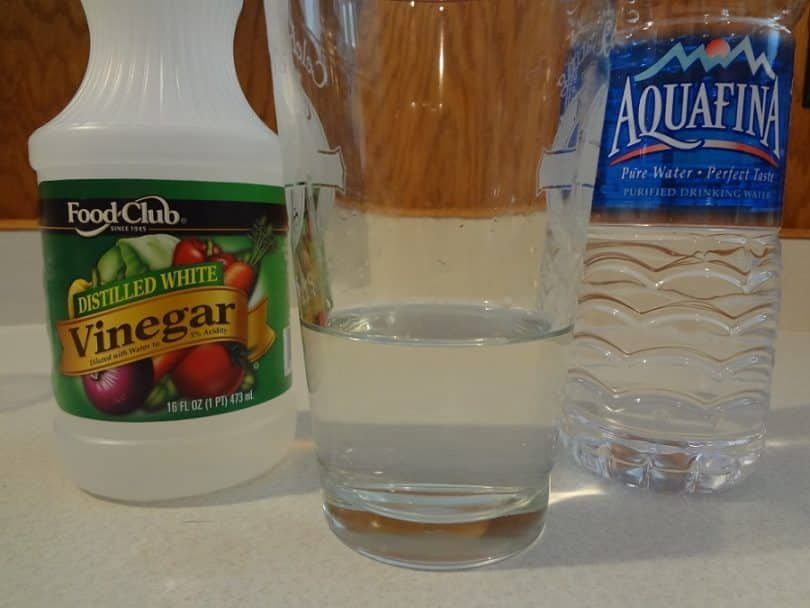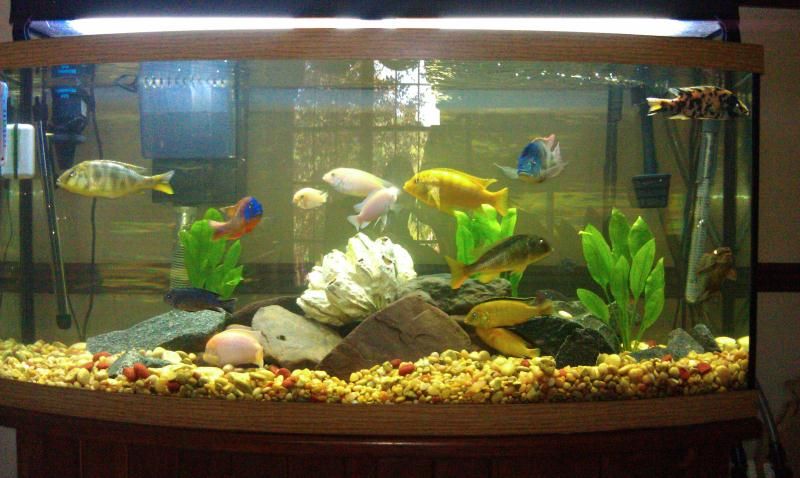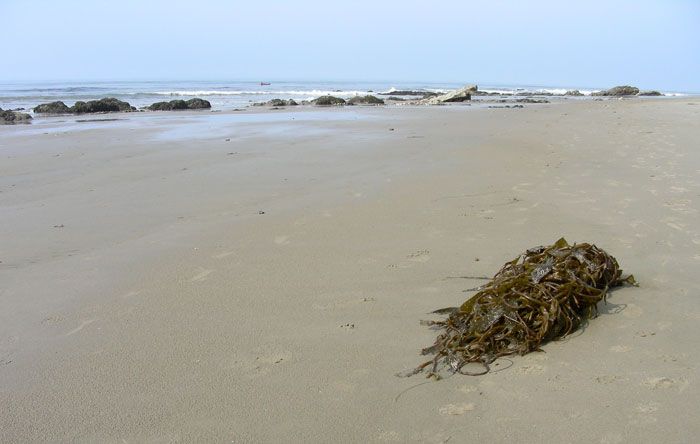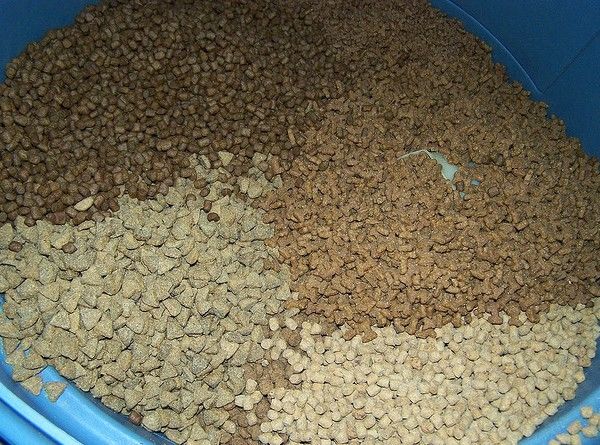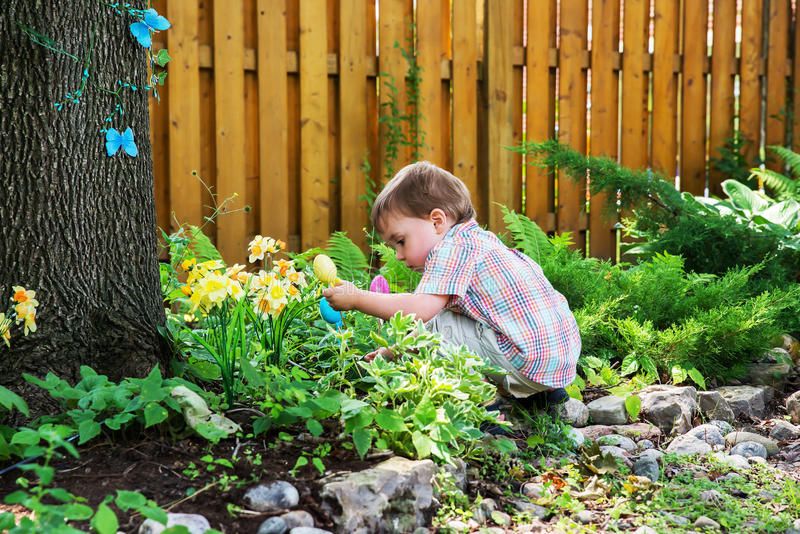Just like how we need to load up on nutrients to stay healthy, so do our plants.
You may be tempted to go out and buy commercial fertilizers, but I recommend that you try these DIY natural fertilizers before you spend hundreds of dollars.
Here are 12 hacks that will make your garden look so good that your neighbors will be asking you for tips. The last one will surprise you!
1. Cooking Water
When I say anything can be repurposed, I mean ANYTHING. Even the excess water from boiled vegetables or pasta can be put to good use.
Instead of draining the water down the sink, let it cool down to room temperature and then transfer it into a spray bottle.
Now you can start spraying the soil in your garden with this nutrient-filled liquid to enrich the soil and help your plants grow.
2. Compost
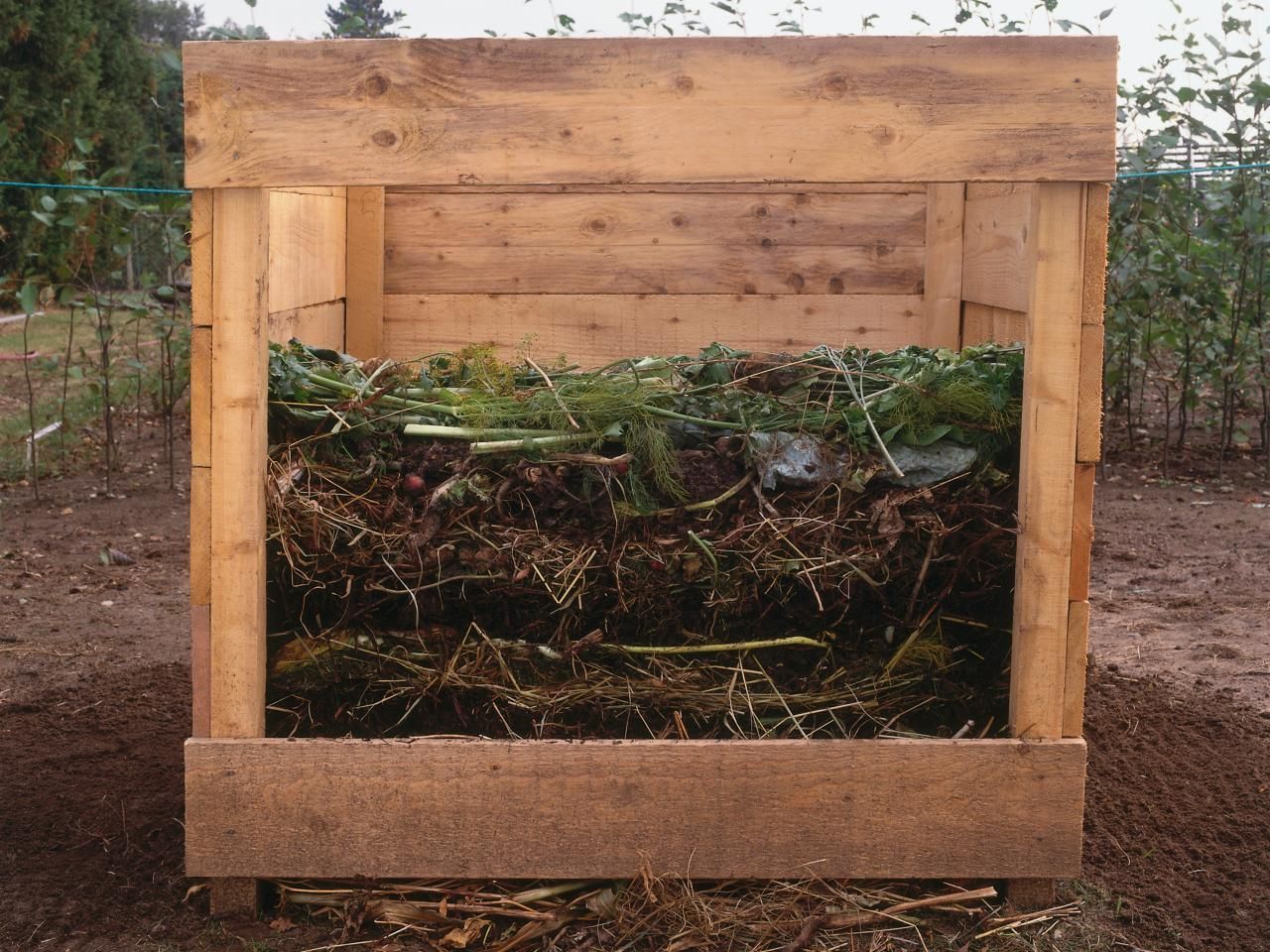
If you're serious about gardening, you need to make your own compost.
By doing this, you'll also save the environment. That's a win-win you can't say no to!
If you don't already have a compost pile, you can make one by putting food scraps, grass, tea bags, and any other kind of compost material into a container.
Make sure you drill holes around the bin to allow your homemade compost to break down faster.
3. Grass Clippings
Cutting grass and managing the weeds in your garden or lawn can be a hassle, but at the end of the day they'll fulfill a purpose that'll save you a fortune.
These grass clippings and pulled out weeds are rich in nutrients like nitrogen that are great for your soil.
Put them in a bucket and fill the bucket with water. Let it sit for a day or two and then dilute your "grass tea" by mixing one cup of liquid grass into 10 cups of water.
Now you can spray this mixture on your soil.
4. Eggshells
Eggshells are filled with calcium that are important for strengthening the cell walls of a plant.
Before you crush them, wash them thoroughly. Then add the eggshells onto your soil.
5. Coffee Grounds
There's a lot of hype over putting coffee grounds in your garden, and for good reason.
Not only do they keep pests at bay, they also fertilize your soil. Keep in mind, you want to use used coffee grounds, as opposed to fresh ones.
Fresh coffee grounds are acidic and will alter the natural pH level of your soil.
Make sure you're only sprinkling a little bit on your garden so that you can provide the soil with nutrients, but prevent the heavy ingredient from blocking air and water flow.
6. Wood Ash
If you have untreated and stain-free wood ash, it will work wonders in your garden.
Carefully transfer the ash from your fire pit or fireplace and sprinkle it onto your soil.
The ash will help to balance the pH level of your soil and add vital nutrients like potassium and magnesium.
7. Banana Peel
You know by now that I can't stand wasting food, and that includes fruit skins!
My family finishes a big bunch of bananas in just a week, so I can always make the most of this hack.
All you need to do is bury your ripe banana peels in the soil to fertilize your plants. They'll decompose in no time and your plants will soak up all the potassium they need.
8. Vinegar
You'll want to read this fertilizer hack carefully before you damage your soil.
A tablespoon of regular white vinegar combined with a gallon of water makes a great fertilizer, but you should only spray this onto your garden once every couple months.
The acetic acid will help your plants flourish and grow, but you don't want to spray too much or else you'll risk changing the pH level of your soil.
9. Fishtank Water
The natural fertilizers you buy at stores contain fish emulsion, so if you have a fish tank or bowl, instead of draining the water every time you want to clean it, pour it in your garden.
Fish manure contains nitrogen, phosphorus, and potassium that helps keep your soil and plants healthy.
If your fishies are being treated with medication, make sure you're not dumping that water in your soil.
10. Seaweed
If you live close to a sea, lake, or beach, the marine plants can be used to your advantage.
People have been soaking seaweed and straining the liquid to add to their garden for many years now.
If you don't live close to a body of water, dried seaweed will also work.
11. Dry Pet Food
Mix some dry pet food with your soil to create the perfect flowerbed.
When it rains, the organic matter will break apart. Also, you'll find that your plants don't dry up and wilt so easily.
The only problem with throwing food in your garden is that it will attract animals. If you're garden isn't enclosed, you'll have to find a way to block the area without harming your plants.
12. Urine
Don't be disgusted just yet. I promised you simple hacks to make fertilizer at home, and I know this one is weird, but I had to include it on this list.
If you're not sick or on any medication, sterile urine is a great way to fertilize your garden.
It actually contains many of the ingredients you'd find in a commercial fertilizer, like nitrogen, phosphorous and potassium.
This doesn't necessarily mean you should go and pee on your garden, but combining one cup of urine to eight cups of water is the perfect ratio to keep your plants healthy.
Which natural fertilizer will you try first?
If you liked this article, check out 10 natural weed killer you can make at home that'll save you money.
